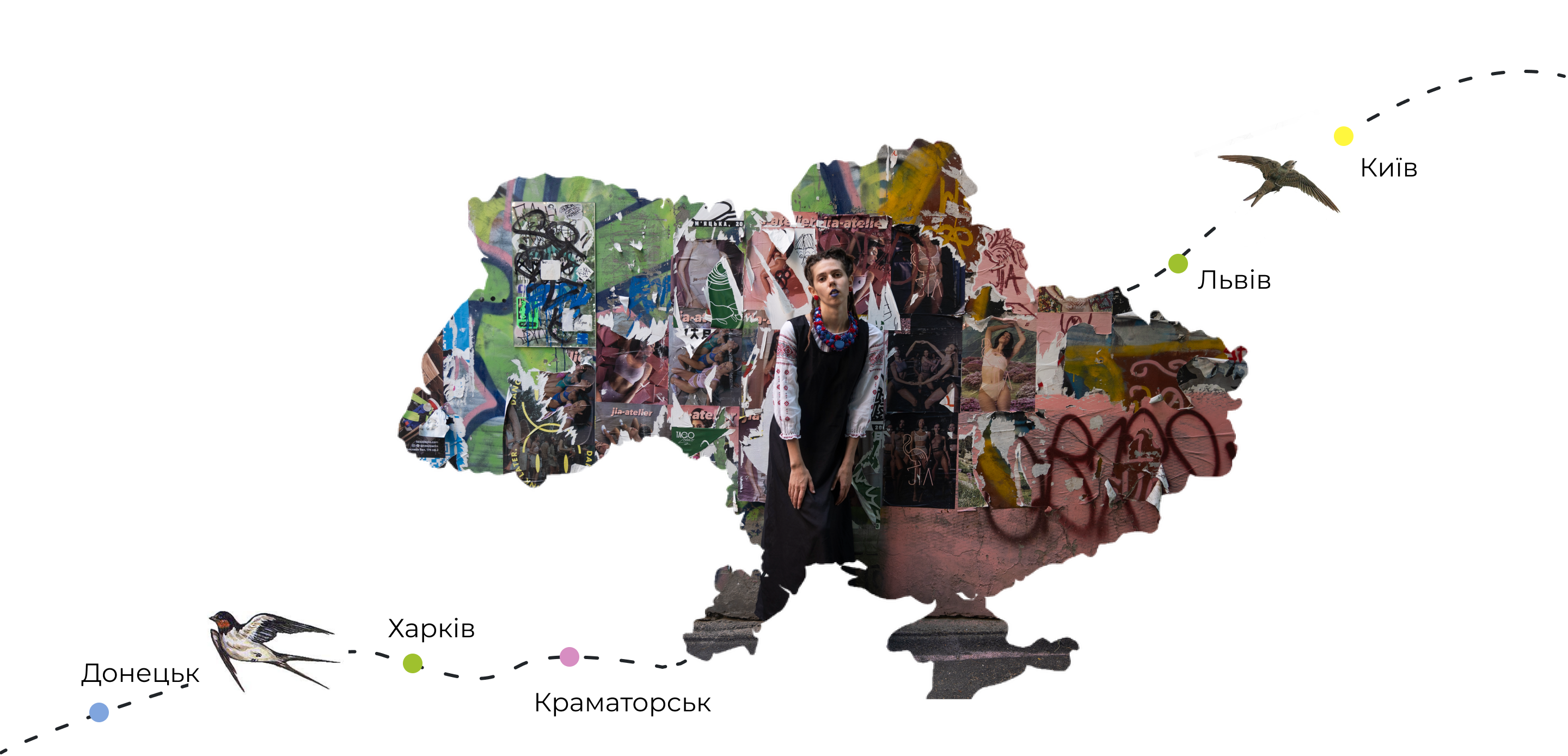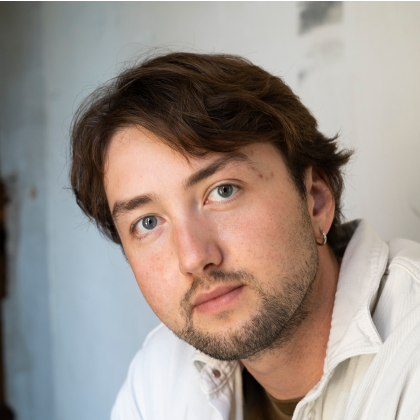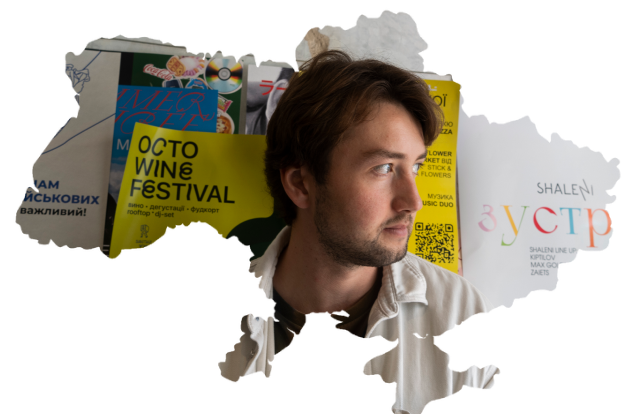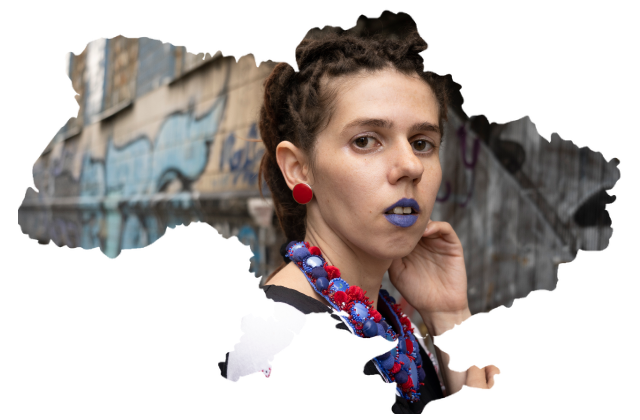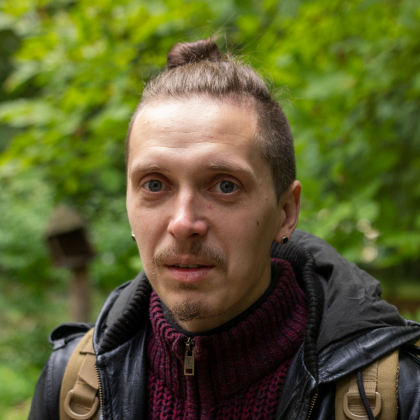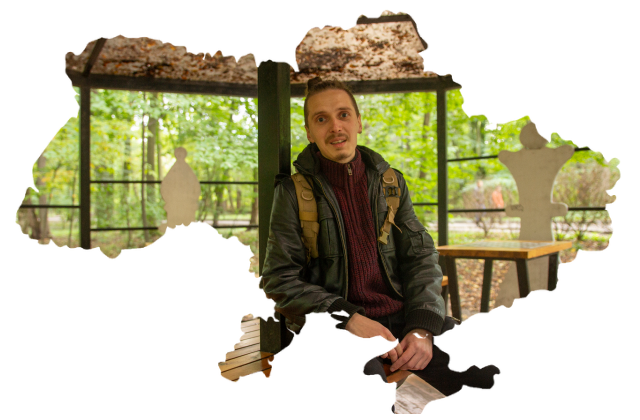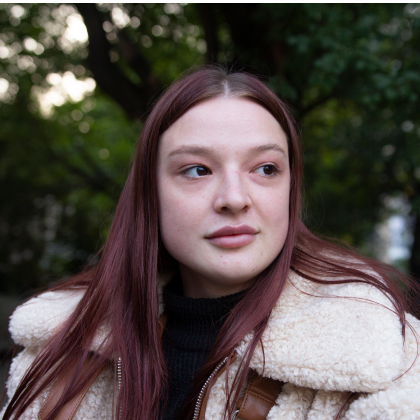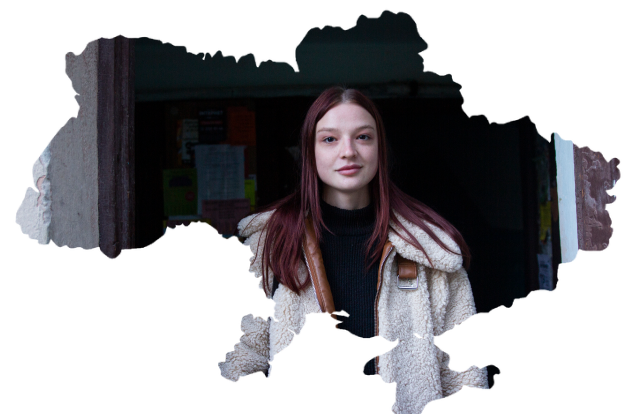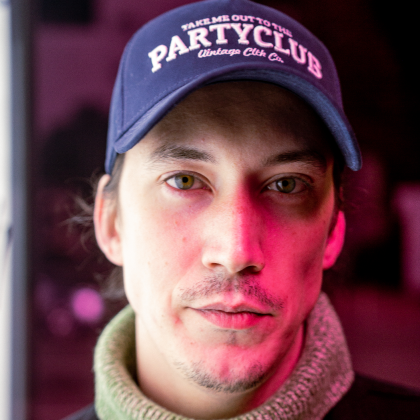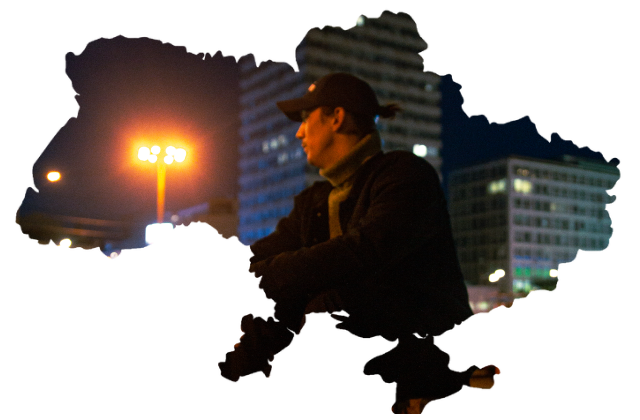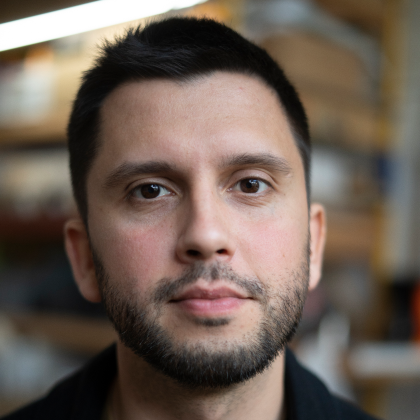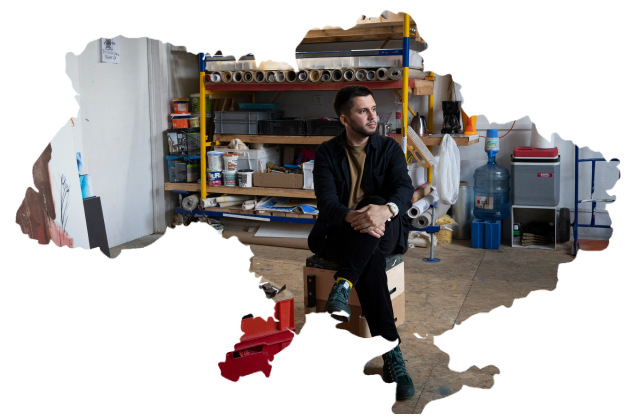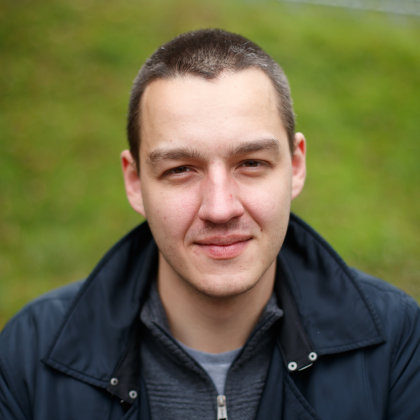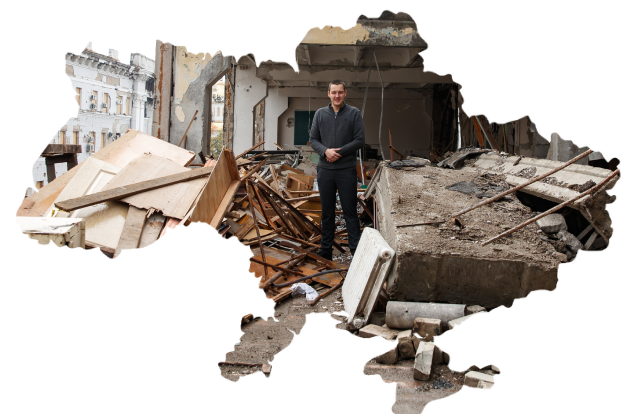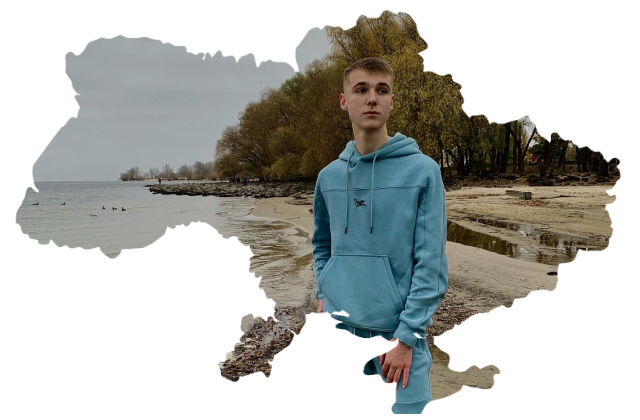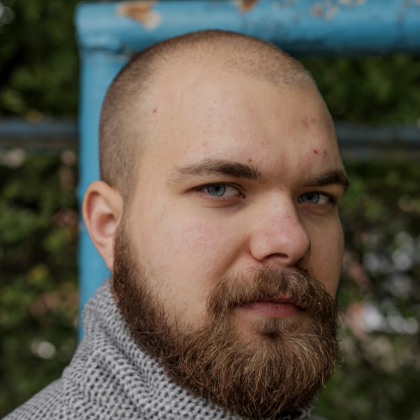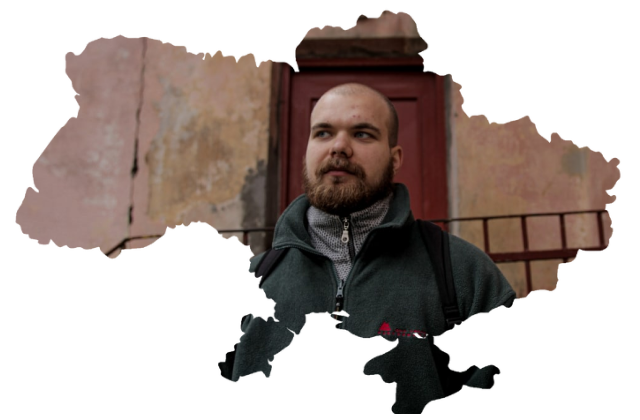Darya Zorina
poetess, artist, freelancer.
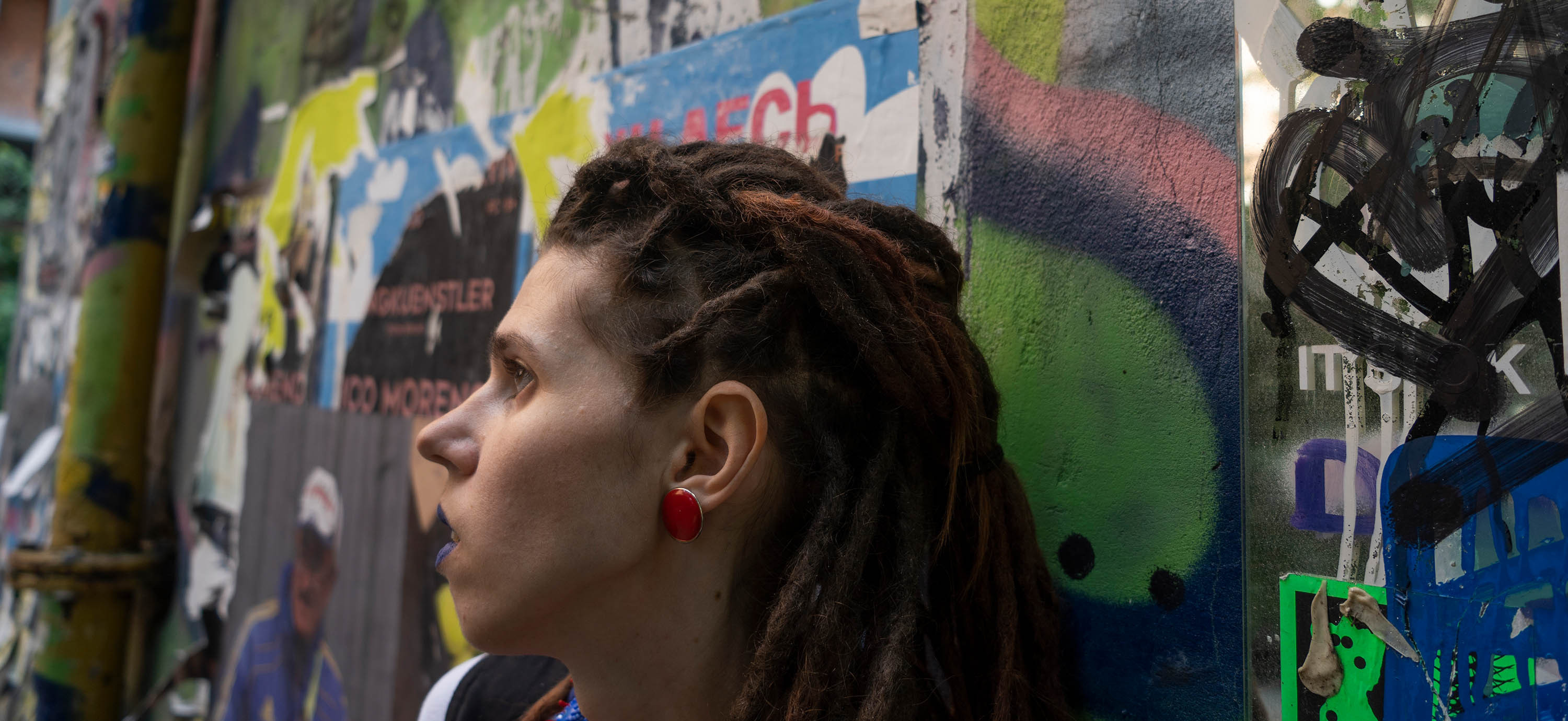
Donetsk — Kharkiv — Kramatorsk — Lviv — Kyiv
I first had to move, or I would rather say "flee" since those were not planned relocations, from my native city of Donetsk to Kharkiv due to the Russian invasion in 2014.
At that time, I hoped that I was leaving temporarily, but already in the winter of 2014 it became clear that was not the case. The need to leave everything in Donetsk was also motivated by the fact that I worked in a library for children there. So I knew that I would be required to propagate the pro-Russian ideology to children. And that was unacceptable to me.
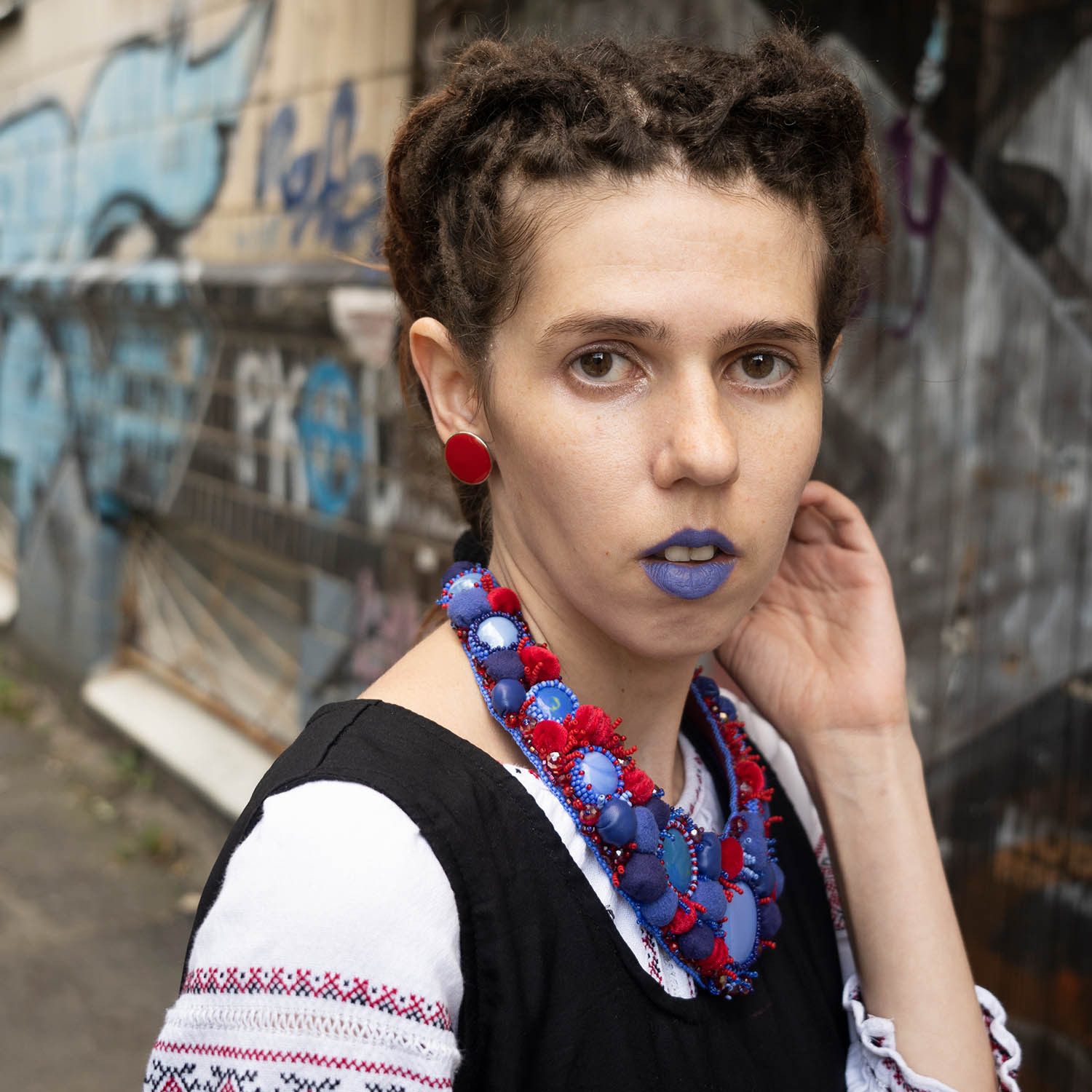
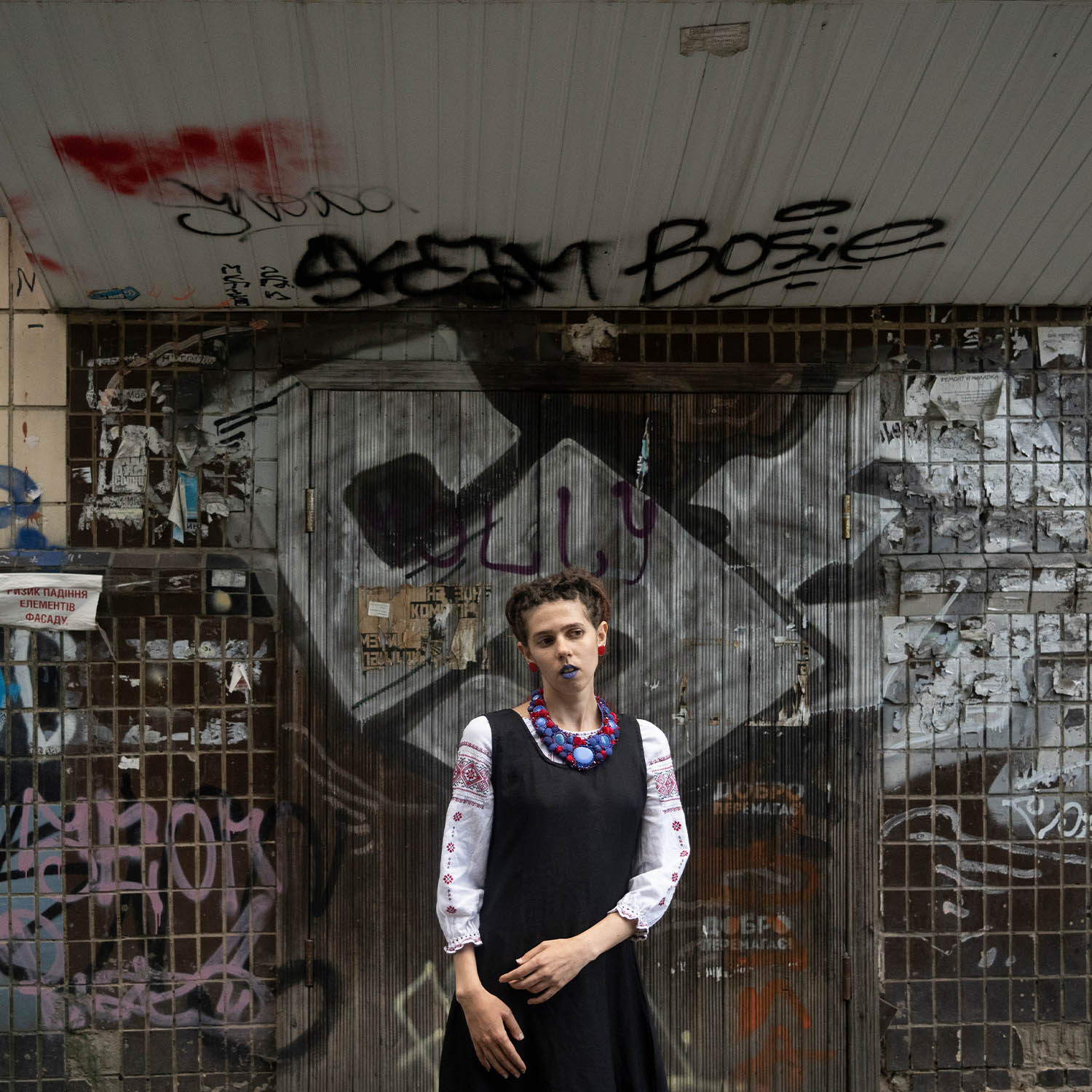
I knew Kharkiv well enough as I had studied at the Kharkiv State Academy of Culture, so my choice of the city was rational. A few months after moving I found a new job, which became my favourite: I worked as a model at the Kharkiv State Academy of Design and Arts. In addition, I became involved in a very inspiring creative community. So the thought of going back disappeared pretty quickly.
On February 24, I woke up to the sounds of war in Kharkiv. I recognized them instantly because I had heard them in the summer of 2014. I woke up, packed my go-bag "for the basement" (documents, water, biscuits, and a change of underwear), and wrote some vital tips for my Facebook friends, who were in a panic, on what to do and what not to do before the official instructions were given. I called and texted a bunch of my close people to wake them up. I washed my hair, fetched some water, bought some food, and withdrew some money. I found the nearest basement for people to hide. And then I walked on foot to my boyfriend's place in a fairly remote part of town, where it seemed safer. On the way, we loudly sang "Arta" and "Malvas" and all sorts of cheerful songs.
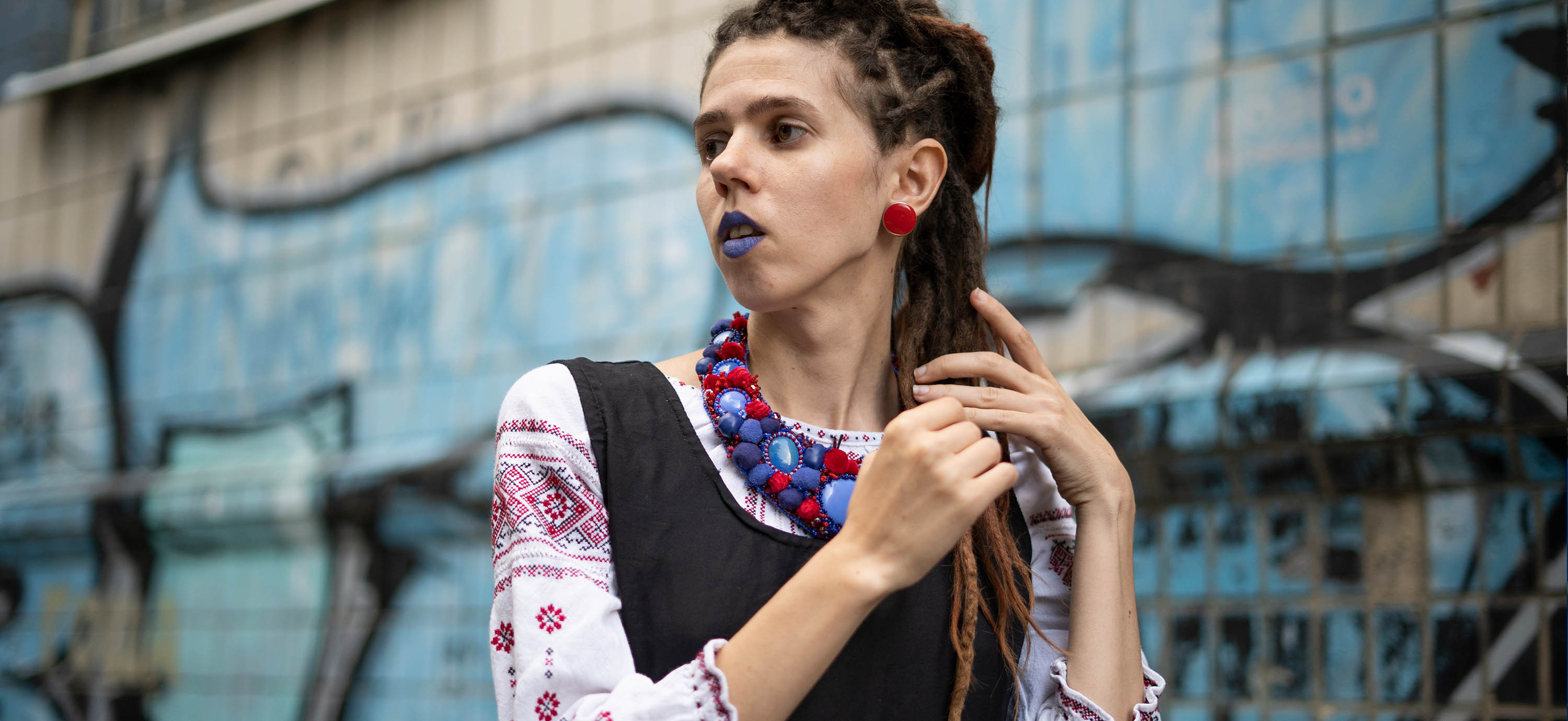
We decided to leave Kharkiv on March 2. I almost didn't get any sleep because of the fear of air raids; I monitored alerts and news, and when the alerts went off, I would crawl into the closet built into the niche in the wall. And that happened almost every 2 or 3 hours.
At first, we went to my boyfriend's detached house in Kramatorsk, as it was significantly quieter there at the time. A week later, we went on to Lviv because people we knew kept saying that Kramatorsk could be occupied or cut off from the railroad too quickly.
There were two of us throughout the entire journey: me and my boyfriend. For the three months that we spent in Lviv, we stayed with my Facebook friend, who had never seen me in real life, but immediately texted me and offered to come stay with her, which really amazed me. Then we moved to Kyiv, where I am now.
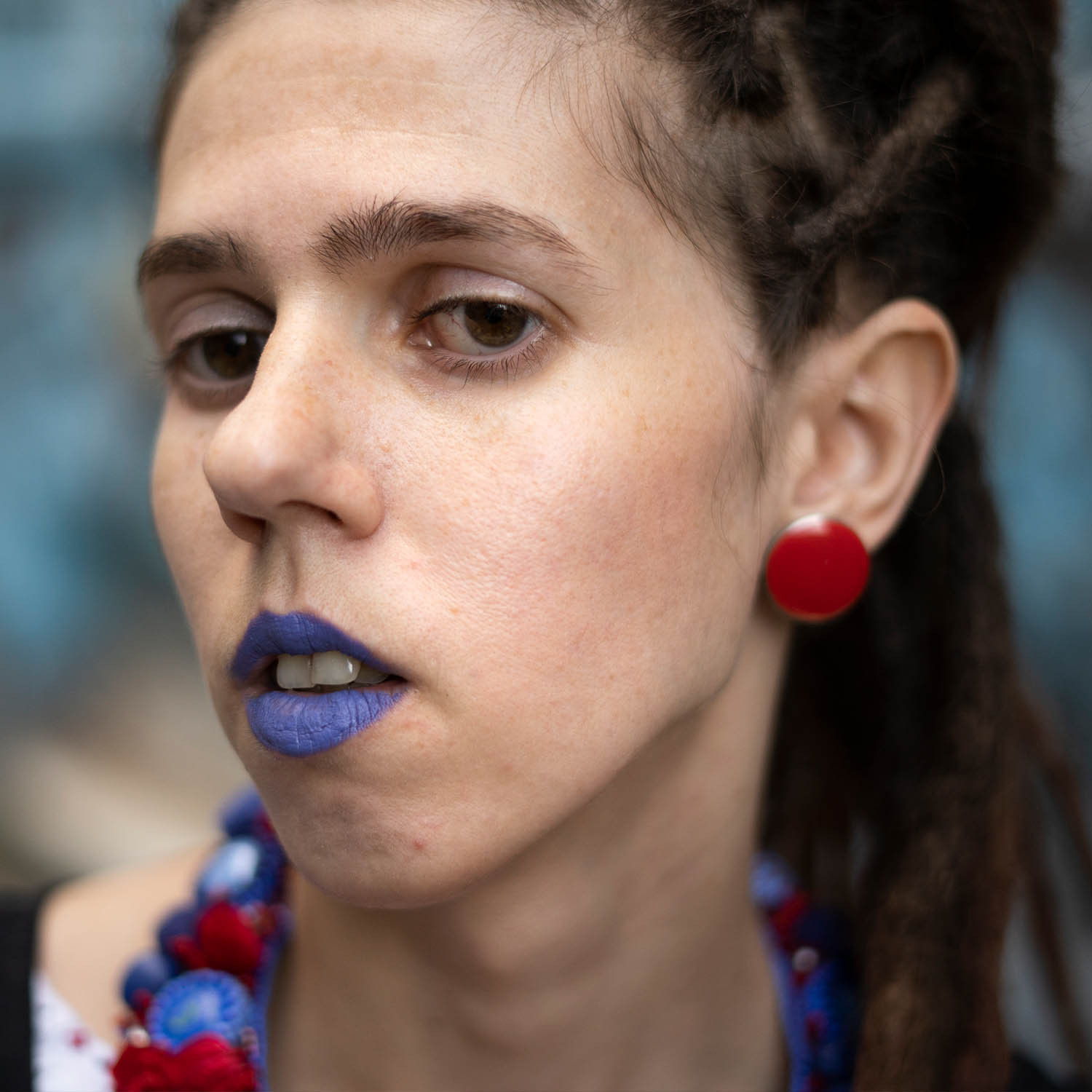
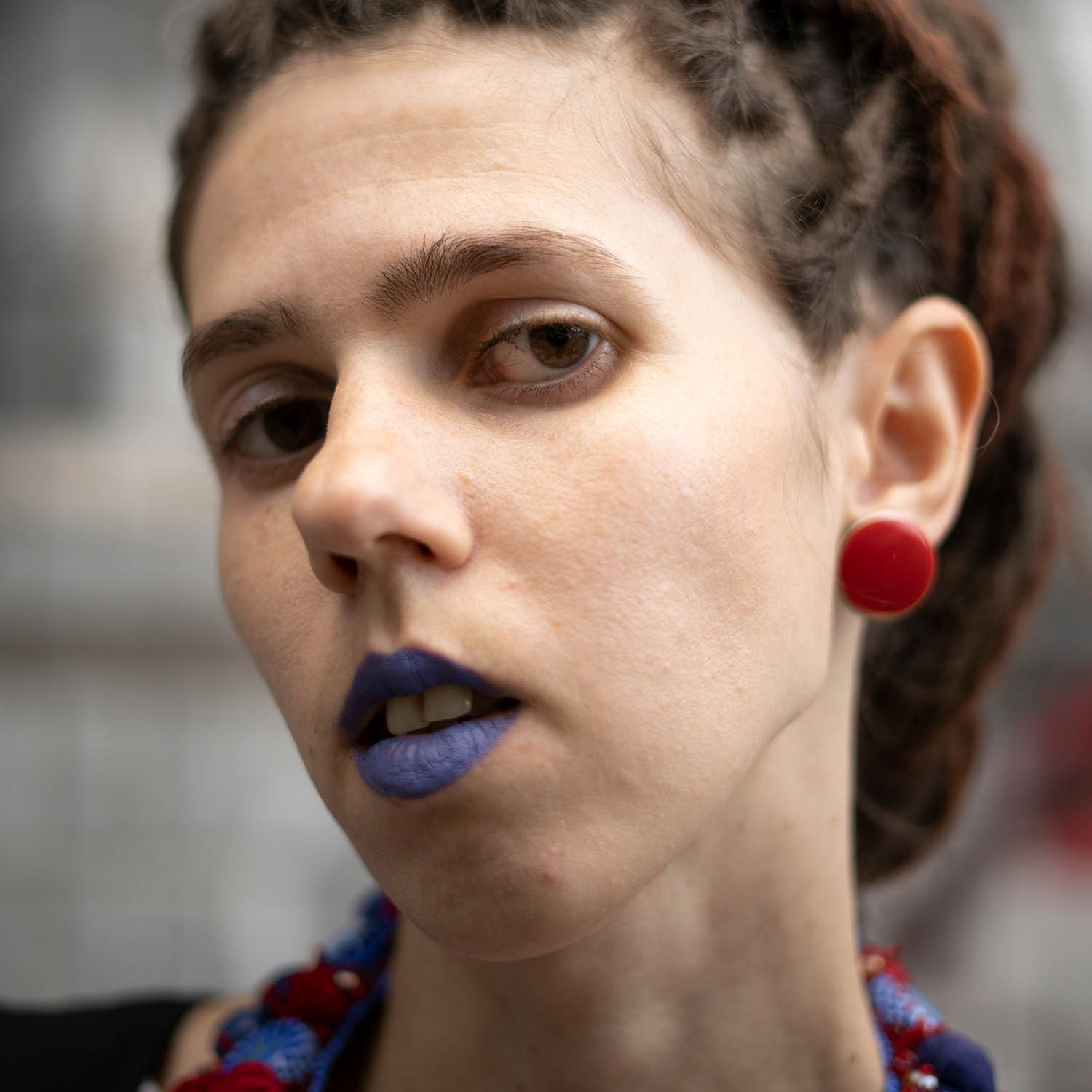
Fortunately, my adaptation, both in Lviv and in Kyiv, was facilitated by a great number of creative connections, new and pre-war. Sometimes I even felt strained by excessive social interaction. In Lviv, I found an interesting volunteer activity in the creative team of the Neprotoptana Stezhyna charity organization, which later turned into a job. I ran a creative handicrafts circle, attended by children and adults alike.
Besides, there were gatherings, a forum performance, and other artistic events, which made me feel included in something interesting all the time. Yet, naturally, I had thoughts about the meaninglessness and irrelevance of all artistic and entertaining activities. Sometimes it seemed that I simply use them to fill and structure my days, to avoid being completely asocial. Lviv, and now Kyiv, felt like a sort of an "expensive store", where everything seems beautiful and attractive, but neither it was not about me nor it was for me. Therefore, I perceive the aesthetics of these cities in a somewhat contemplative and alienated way.
At present, my job is making handicrafts, and I send part of the money I get from sales to volunteers. Occasionally, I go to events and see my Kyiv acquaintances. I organise my life in other people's home, where my boyfriend and I were allowed to stay by a family who went abroad.
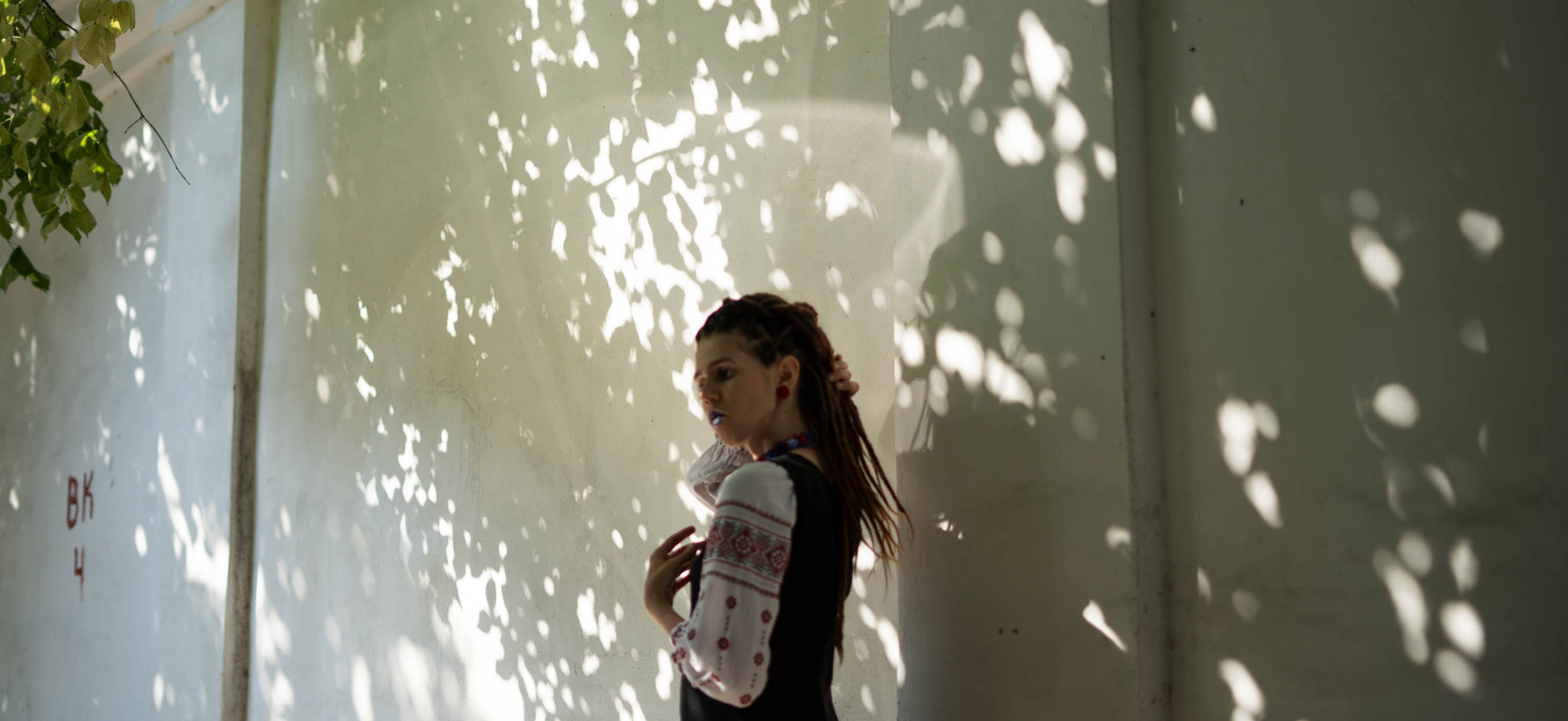
I think I was lucky enough to get around difficulties, or I just did not overcome them but lived in them. It is psychologically difficult to live in an apartment with another person: it is a path of patience and communication. It is difficult to find a "normal" job, but I didn't have the energy to search for it, and I didn't look for one in fact.
I saw a lot of support from people in Lviv, and I didn't encounter any triggering biases. We were offered a place to live, I was given a lot of materials for needlework (for I hadn't brought any of mine from Kharkiv), I was invited to various local artistic projects, etc. What I could constantly feel there was simple human friendliness.
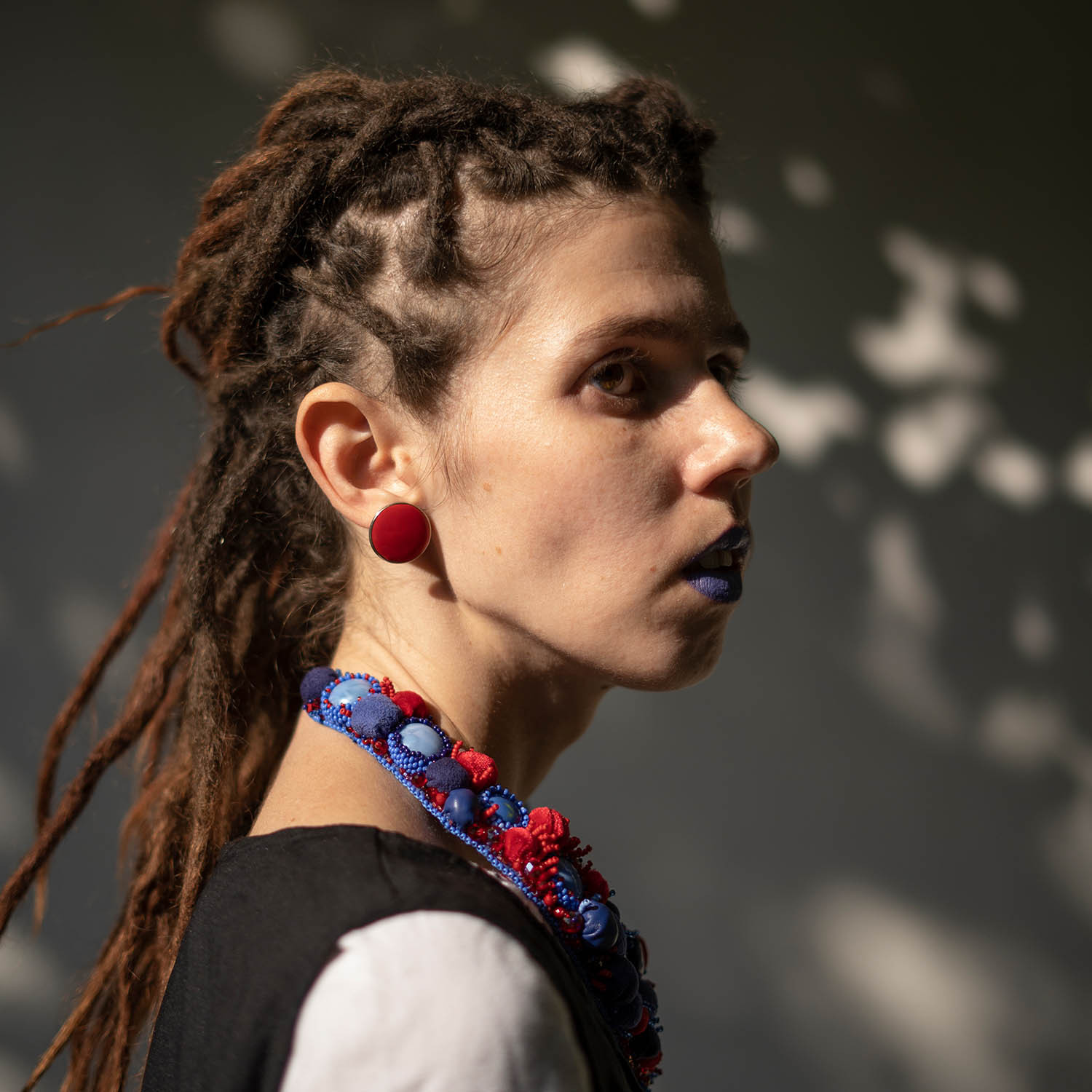
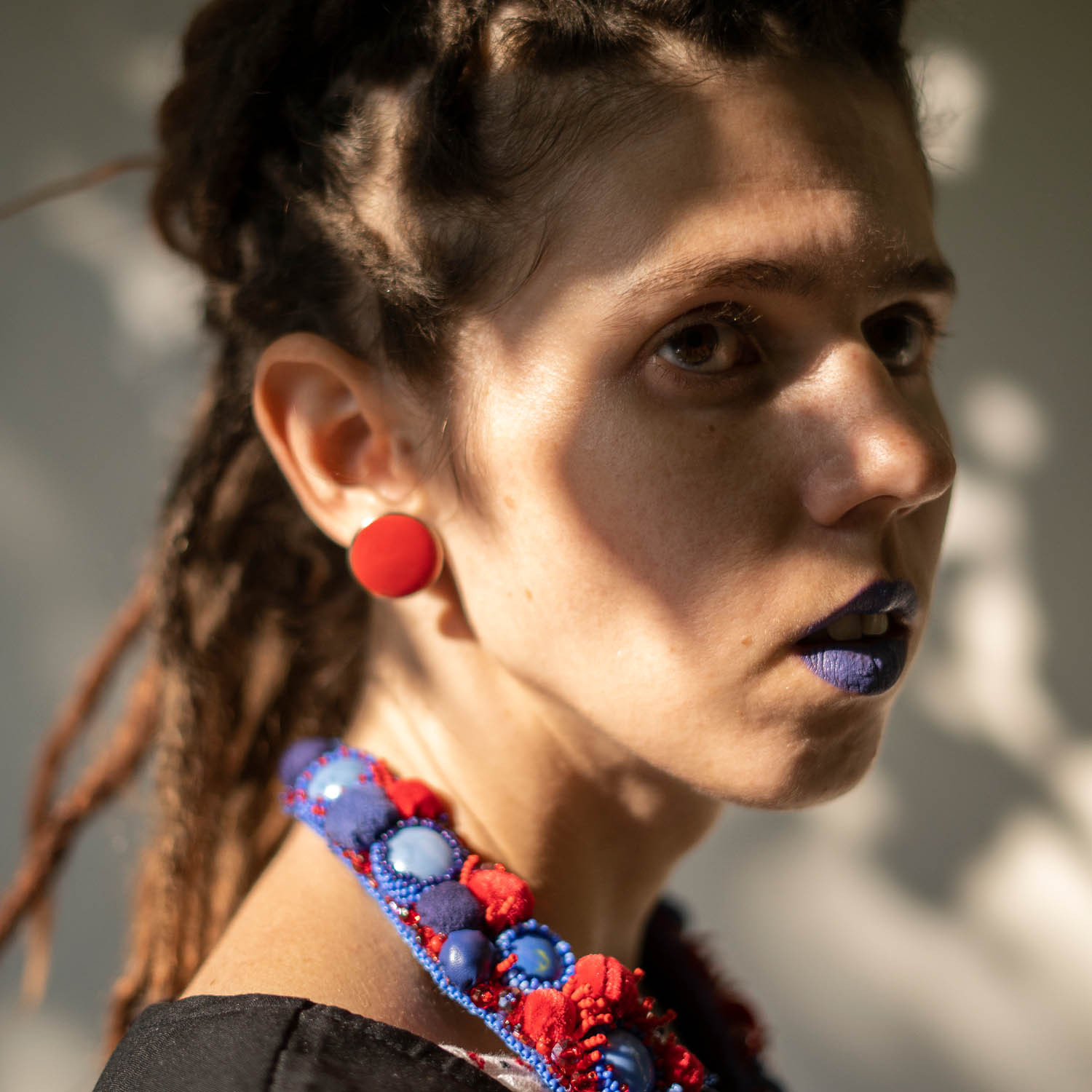
My home is the apartment in Kharkiv where the bulk of my stuff is. I rent that place — it is not my own, so it is not yet a perfect dream home, which is entirely mine.
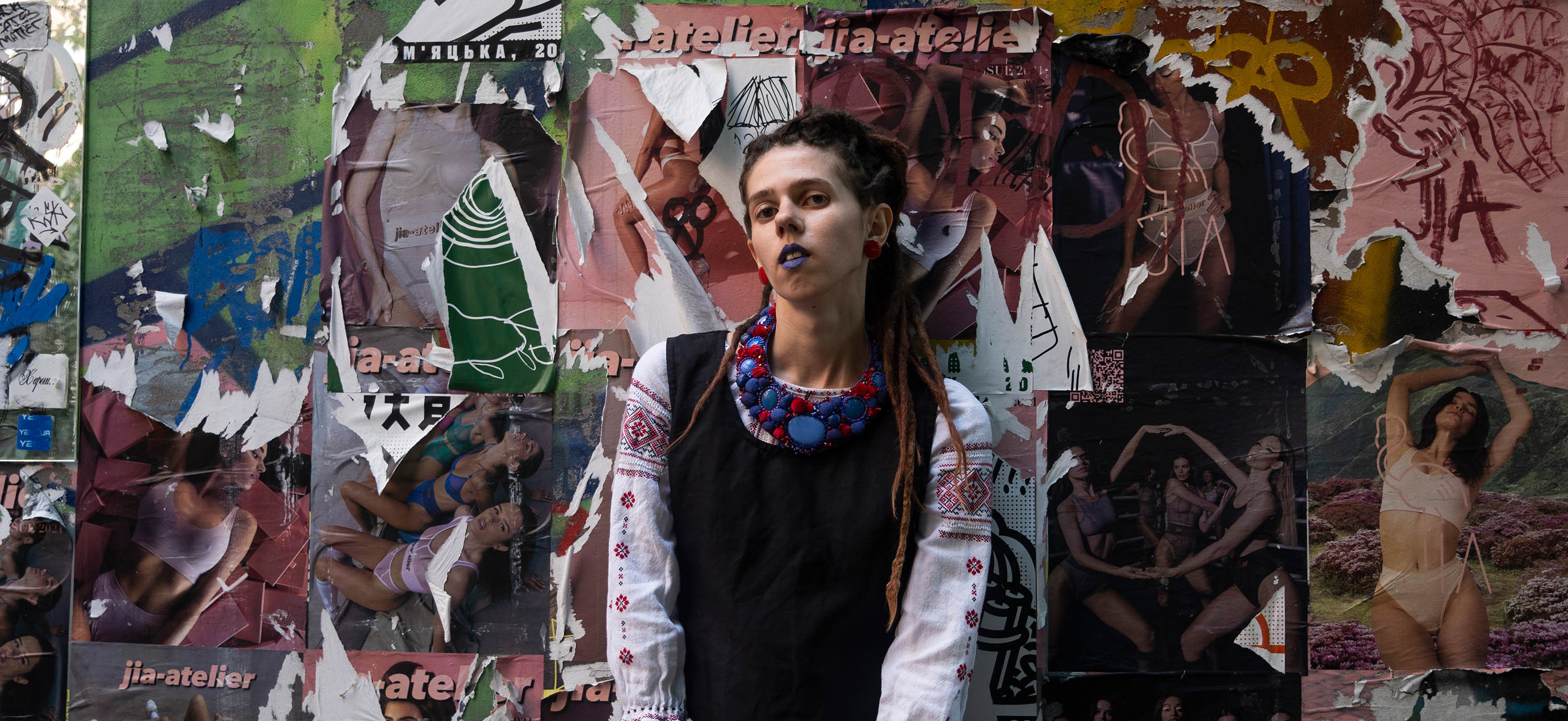
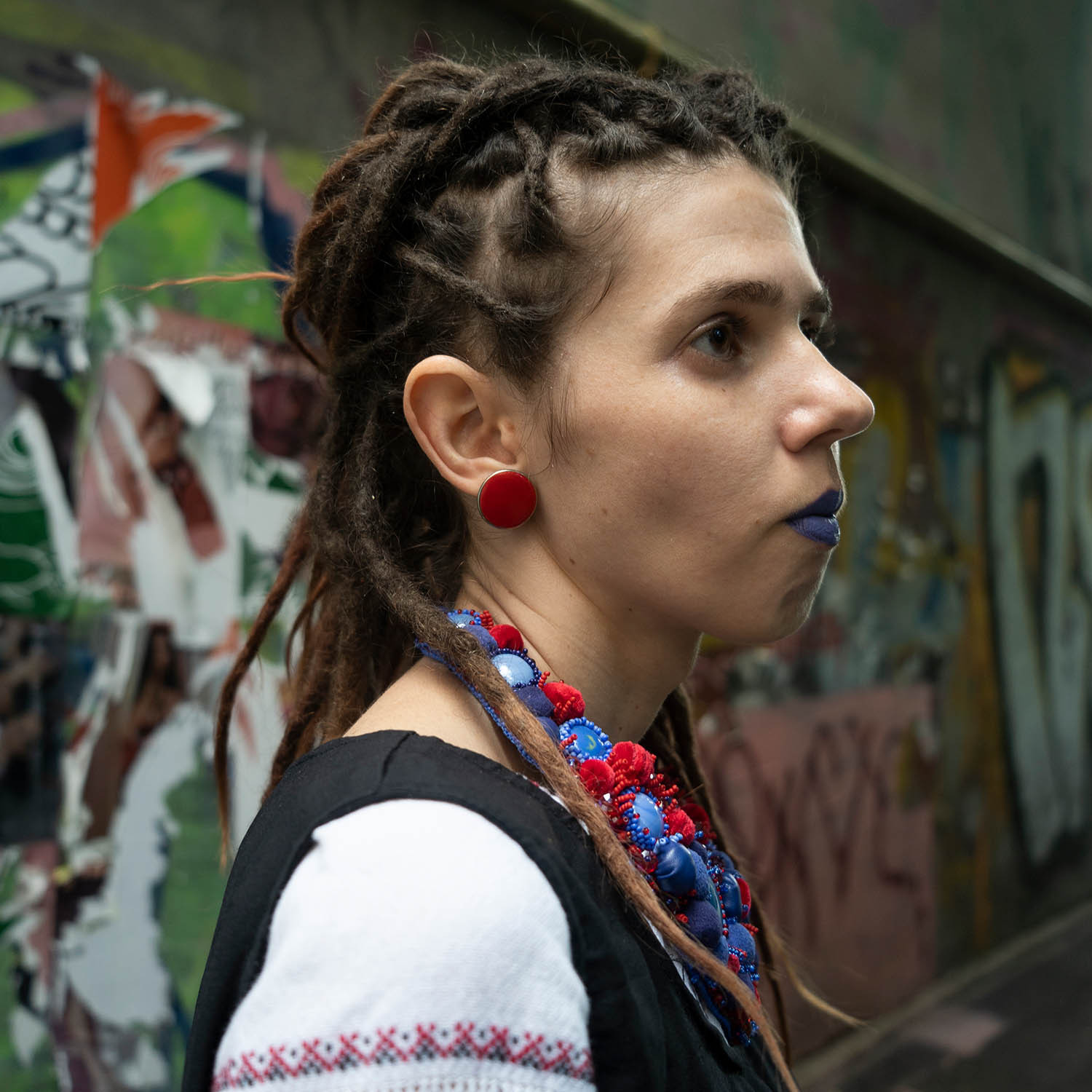
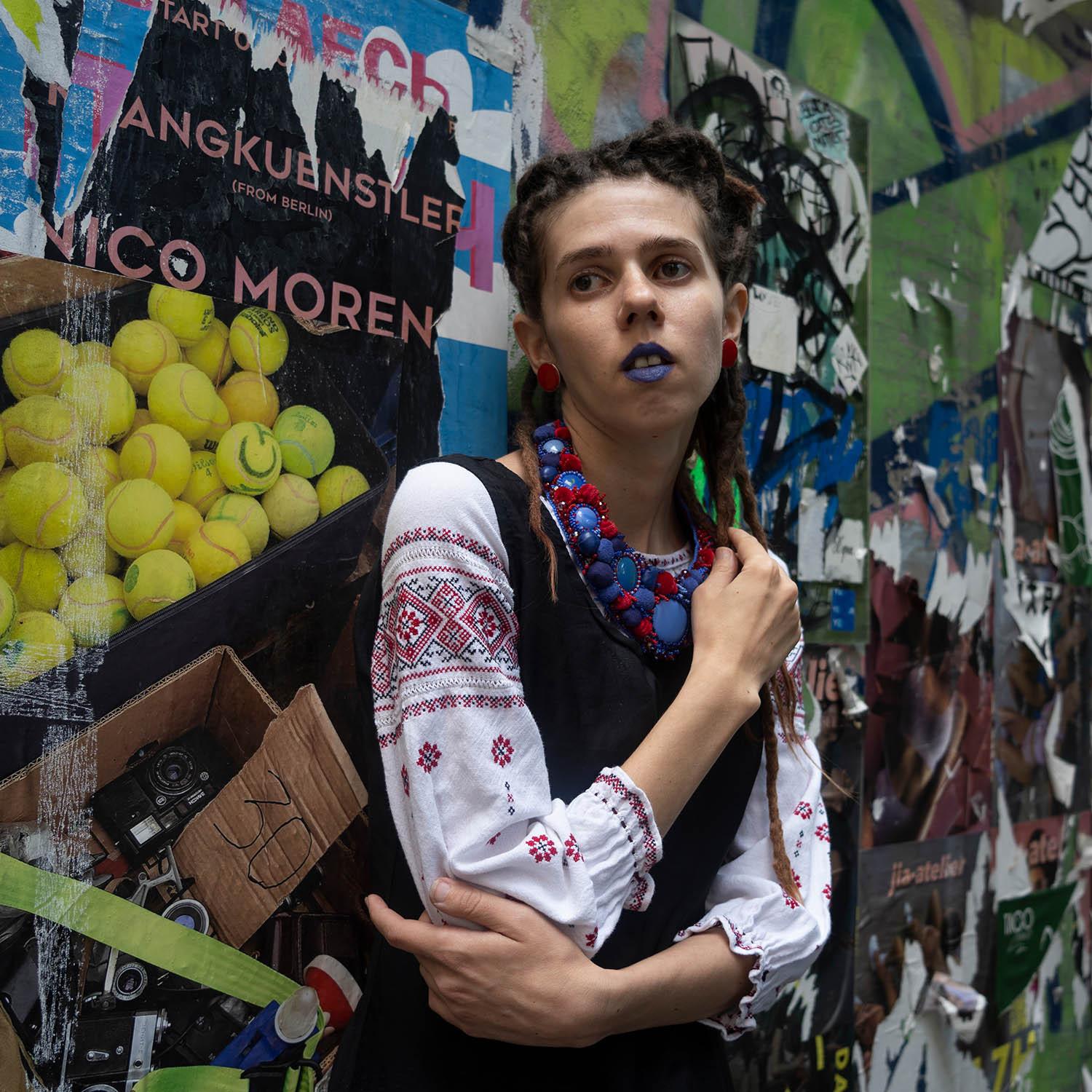
I don't know at what point I will exhaust my resource for adaptation, for acclimating to new locations and people. I hope that we, post-Kharkiv citizens, will have enough strength and wisdom to see our Victory.
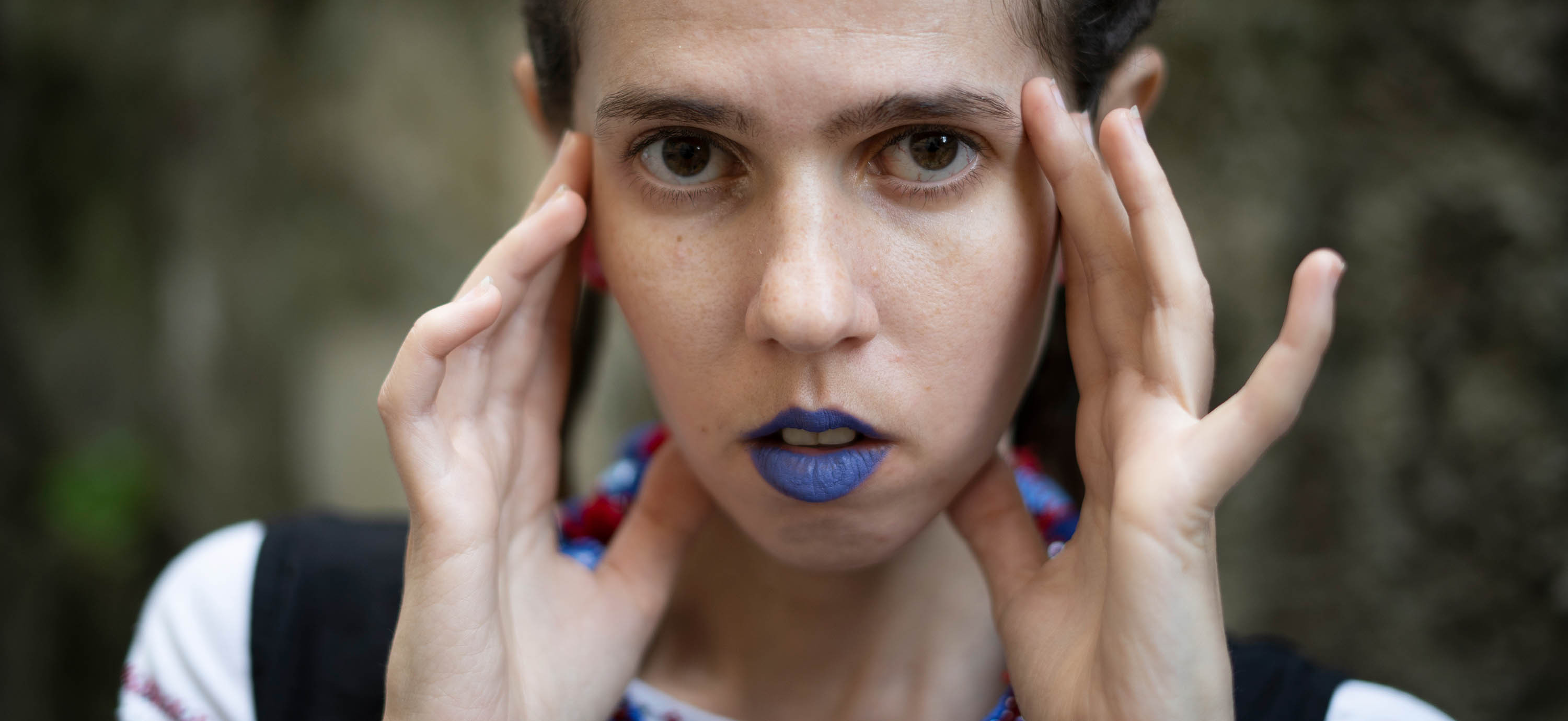
Recorded by Valeriia Merenkova
Translated by Volha Mikhnovich
